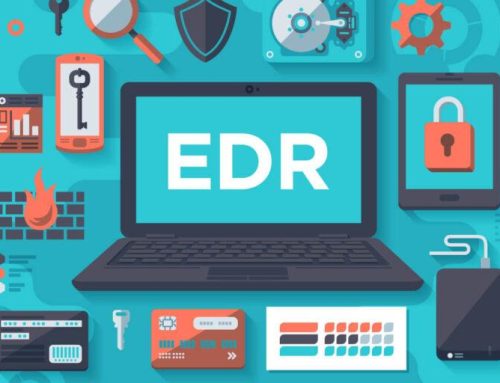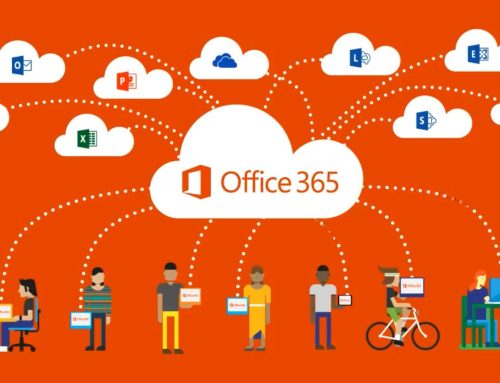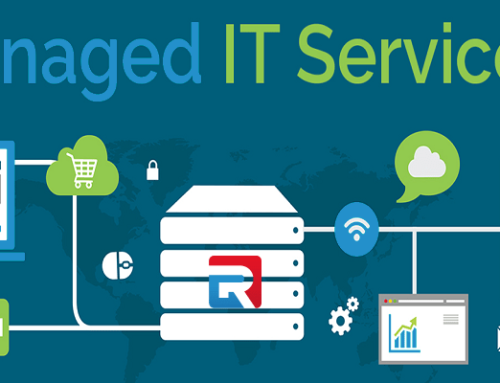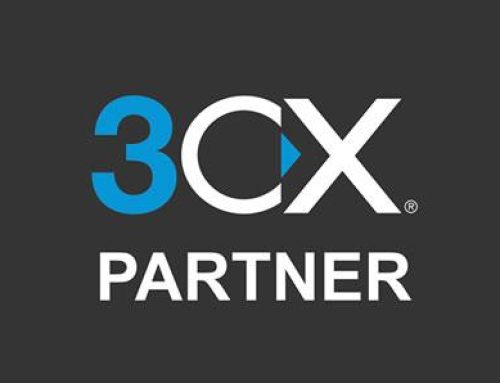Have you reviewed your IT budget for 2016?
The IT budget of a business is determined by various factors, including the financial state of the company, the value that the management team place on their IT infrastructure and the industry within which the company operates.
The allocation of the IT budget will be an act of balancing the tactical requirements, such as keeping the IT systems operating effectively, with the more strategic requirements of examining new opportunities for digital transformation within the company. At the same time, the external or in-house IT department will be expected to deliver value for money.
To do this, the IT department will need to minimize capital expenditure and operational costs wherever possible – as per usual.
Where and how will the IT budget be allocated?
During the course of the year, a number of surveys have been issued and completed to help identify where the priority lies for businesses in terms of IT investment. The results formed a common thread, with SMEs opting to focus their resources on improving efficiency, it security and disaster recovery.
Increased Efficiency and Improved Business Processes
Information Technology can help you to greatly improve the way that employees carry out their day to day tasks. This can happen by either speeding up existing processes or introducing newer, less complex yet more flexible ways of carrying out the job.
To identify what information technology solutions may improve efficiencies within your business, you need to firstly look at your current IT systems and assess them against your IT requirements. In doing so, you should try to identify what inefficiencies exist in your IT operations.
Some areas for improvement may include:
- Remove duplication; an example would be using handwritten timesheets that then need to be manually inputted into a PC, or using more than one spreadsheet for the same information manage your documents to ensure that information is dealt with in a logical workflow
- Remove obstacles, so that your IT systems are simplifying processes and not making them more complex or time consuming
Some of the more typical solutions that are implemented by SMEs to improve efficiencies in their IT systems include:
- VoIP (Voice over Internet Protocol) or internet calls to replace mobile calls with solutions such as Skype for Business from Microsoft proving to bring great savings to businesses
- Outsourcing the management of the IT infrastructure and using off-the-shelf software packages instead of customised business versions
- Creating a Frequently Asked Questions (FAQs) section on your website to reduce unnecessary customer enquiries
- Automating processes to save time for your employees
- The introduction of cloud computing, mobile technology and networking to improve IT efficien
IT Security
IT security incorporates all of the activities that are designed to protect your network. With security threats, particularly web based threats, making the news on a weekly basis, the importance of investing in network security has not been lost on SMEs.
There are a number of business benefits attached to implementing effective IT security. The company is protected against business disruption, which helps to keep employees productive.
Network security helps a company to meet mandatory regulatory compliance. Finally, because IT security helps to protect your customers’ data, it reduces the risk of legal action against the company arising from the theft of data.
Ultimately, IT security helps protect a business’s reputation, which is one of its most important assets.
The most common IT security threats include:
- Viruses, worms, and Trojan horses
- Spyware and adware
- Zero-day attacks
- Hacker attacks
- Denial of service attacks
- Data interception and theft
Identity theft
There is no one single IT security solution. Instead, to be effectively secured you need multiple layers of security, including components such as antivirus and anti-spyware, firewall, intrusion prevention systems and Virtual Private Networks (VPNs).
Disaster Recovery and Backup
Disaster recovery and backup are areas that are high up on the list of priorities for SMEs. From online data backup to managed disaster recovery and providing an alternate office location for a displaced business, we have seen a big increase in interest in the services that we offer.
Protecting business-critical applications and data against the various causes of downtime is a constant challenge. Businesses today need to be highly resilient, with an IT infrastructure that is available around the clock.
Any downtime of the IT systems, disruption to services or the loss of critical data is damaging to the business. In some cases, the business may never fully recover.
To avoid downtime a business must ensure that they can recover quickly and efficiently from any disruption, including fire, flood, adverse weather or the failure of a server.
Careful planning and a comprehensive, up-to-date, and tested business continuity and disaster recovery plan is crucial if you want your business to recover swiftly from a disaster.
Where should you allocate your IT budget?
For any company, keeping pace with new technology can be difficult. It is not always apparent how these can be applied to your own business and what benefits, if any, that they can bring.
If IT is not a core business activity for your company, this will be made even more difficult.
When making a decision on how to allocate the IT budget, no matter how big or small, the focus should be on streamlining business processes, ensuring agility, and making the business more competitive.
A holistic approach should be taken when assessing the merits of a given technology. In addition to considering the existing IT infrastructure, it is important to get feedback from the IT systems users to identify their priorities, and to be aware of the overall goals of the business.
At Really Good Business, we can help businesses plan for, design, implement, operate, and manage the right technologies to improve the way they in which they do business. From security to cloud to business continuity, we take the complexity and confusion out of selecting and managing the right IT solutions for your budget, allowing you the time that you need to focus on running your business.
For more information, please call us on 01 6877 185 or send us an email on info@rgb.ie




Leave A Comment